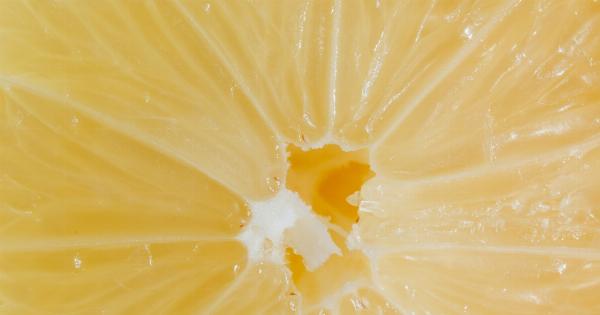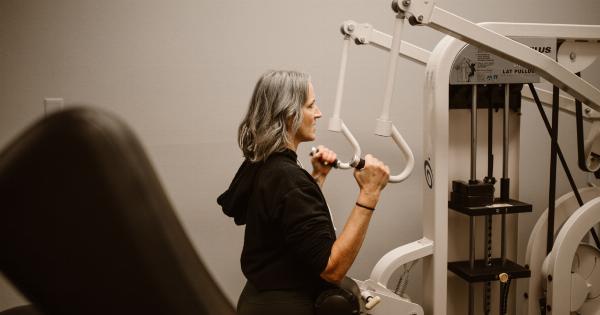Endometriosis is a condition that affects the reproductive system of women, causing the tissue that normally lines the uterus to grow outside of it.
This can result in a variety of painful symptoms, including pelvic pain, heavy menstrual bleeding, and infertility. While there is no cure for endometriosis, making dietary changes can help alleviate the symptoms and improve the overall well-being of women suffering from this condition.
In this article, we will explore the best foods for women with endometriosis that can help manage the symptoms and promote better quality of life.
1. Omega-3 Fatty Acids
Omega-3 fatty acids are essential fats that possess anti-inflammatory properties, which can provide relief from the inflammation associated with endometriosis.
Foods rich in omega-3 fatty acids include fatty fish like salmon, mackerel, and sardines, as well as flaxseeds, chia seeds, and walnuts. Consuming these foods regularly can help reduce pain and inflammation caused by endometriosis.
2. Leafy Green Vegetables
Leafy green vegetables like spinach, kale, and broccoli are packed with antioxidants and essential nutrients. They are also high in fiber, which aids in digestion and helps regulate hormone levels.
Incorporating these vegetables into your diet can promote hormonal balance and alleviate symptoms of endometriosis.
3. Turmeric
Turmeric contains a compound called curcumin, which has potent anti-inflammatory properties. Adding turmeric to your meals or consuming it in the form of a supplement can help reduce inflammation and pelvic pain associated with endometriosis.
However, it is advisable to consult with your healthcare provider before starting any new supplements.
4. Ginger
Ginger is known for its anti-inflammatory and analgesic properties. It can help alleviate pain and reduce inflammation caused by endometriosis.
Adding fresh ginger to your meals or drinking ginger tea can provide relief from the symptoms of endometriosis.
5. Berries
Berries such as blueberries, strawberries, and raspberries are rich in antioxidants and vitamins. These fruits can help reduce inflammation and oxidative stress, which are common in women with endometriosis.
Including a variety of berries in your diet can boost your overall health and provide relief from endometriosis symptoms.
6. Fiber-rich Foods
Consuming fiber-rich foods such as whole grains, legumes, and fruits can help regulate bowel movements and reduce bloating and discomfort associated with endometriosis.
Adequate fiber intake can also help eliminate excess estrogen from the body and maintain hormonal balance.
7. Lean Proteins
Opting for lean sources of protein like chicken, turkey, fish, and tofu can help reduce inflammation and promote muscle repair.
Including these proteins in your diet can provide essential nutrients without the additional saturated fats found in red meats.
8. Turmeric
Turmeric contains a compound called curcumin, which has potent anti-inflammatory properties. Adding turmeric to your meals or consuming it in the form of a supplement can help reduce inflammation and pelvic pain associated with endometriosis.
However, it is advisable to consult with your healthcare provider before starting any new supplements.
9. Ginger
Ginger is known for its anti-inflammatory and analgesic properties. It can help alleviate pain and reduce inflammation caused by endometriosis.
Adding fresh ginger to your meals or drinking ginger tea can provide relief from the symptoms of endometriosis.
10. Water
Staying hydrated by consuming an adequate amount of water is crucial for overall health, including managing endometriosis symptoms. Drinking enough water can help flush out toxins from the body, promote regular bowel movements, and reduce bloating.
It is recommended to drink at least eight glasses of water per day.
While incorporating these foods into your diet can help alleviate the symptoms of endometriosis, it is important to remember that every individual’s experience with endometriosis is unique.
It is advisable to consult with a healthcare professional or a registered dietitian who specializes in endometriosis to create a personalized diet plan that suits your specific needs.
By making dietary changes and focusing on consuming foods that possess anti-inflammatory and hormone-balancing properties, women with endometriosis can find relief from the symptoms and enhance their overall well-being.






























